This text was first published by Per Högselius on the Nuclearwaters-Blog on 3 December 2021.
Exploring nuclear Germany
As the most recent wave of the corona pandemic rolls in over Europe, it seems that much of the past summer and autumn was a narrow window of opportunity for international travel. I now feel happy that I managed to make use of that window.
In late September I went to Regensburg to participate in a conference on infrastructures in East and Southeast Europe (see my separate blogpost on that). After the conference, I stayed on in Bavaria for a couple of days. I rented a car and a bike and went to take a close look at the water supply arrangements for three German nuclear power plants and the nuclearized landscapes that have emerged as a result of nuclear construction there from the 1960s to the 1980s.
Gundremmingen is the only German nuclear power plant situated directly on the Danube. It started to be built already in 1962 and was one of Germany’s first nuclear power plants. There was a fierce debate during construction about possible contamination of the region’s drinking water. Less known is that plant construction demanded a complex reengineering of the Danube, which was dammed upstreams and also a few kilometres downstream to create a reliable and regular water flow for cooling the reactors. This generated an artificial water reservoir, the shores of which, as I was able to experience directly, are nowadays still very popular places for various leisure activities. Nuclear hydraulic engineers also built a canal to divert Danube water to the nuclear plant. The early pioneering reactor at Gundremmingen was shut down long ago. However, the plant was expanded through the addition of two much more powerful reactors: one boiling water reactor (seen to the left in one of the pictures below) and one pressurized water reactor (seen to the right), which today makes the plant area look very diverse. The pressurized water reactor was closed in 2017. The boiling water reactor, supported by one cooling tower, is still in operation, but like all remaining German NPPs, its days are numbered.
The Isar nuclear power plant is named after the Danube tributary on which it was built. Here, too, nuclear construction was intimately linked to other hydraulic projects aimed at “taming” the river. The Isar was dammed and equipped with hydroelectric turbines (see the image to the upper left), which now still contribute to the safety of the nuclear station, because they ensure that electricity will always be available locally even in the case of a regional power failure. This made it unnecessary for the nuclear operators to invest in emergency diesel generators. The Isar plant was originally designed for one boiling water reactor only, for which a less powerful and very compact type of cooling towers were built (lower left, to the right of the reactor building); these were used only when the Isar’s water flow was insufficient. The high-rise cooling tower that can be seen across much of Bavaria was constructed only when a further reactor, of the pressurized water type, was added later on (right). The boiling water reactor was shut down immediately after the 2011 Fukushima disaster. The pressurized water reactor is supposedly still in operation, but apparently not on the day of my visit, judging by the lack of “smoke” (water vapour) from the cooling tower.
The Grafenrheinfeld NPP is also in Bavaria, but further north, in Lower Franconia, where the inhabitants usually don’t think of themselves as “Bavarians”. This cultural divide largely coincides with the physical drainage divide between the Rhine and the Danube river basins. Hence this nuclear station, which is no longer in operation (having been shut down in 2015), is situated not in the Danube basin, but on the Main, the Rhine’s most important tributary. When construction started in 1974 the Main was already a suitable river for cooling water supplies. This was because Germany had invested enormously in the 1950s and 1960s in making the Main navigable all the way up to Bamberg, taming the river and regularizing its water flow with the help of no fewer than 34 weirs and locks. The river is now part of a system that interconnects the Rhine and Danube river basins, the centrepiece of which is the Rhein-Main-Danube Canal.
A month later I returned to Germany. I first spent a few days at the German Federal Archives in Koblenz, which turned out to be a treasure trove for nuclear-historical research. I then went up (or rather down) to northern Germany and the Lower Elbe region. There I went to see how the Stade, Brokdorf and Brunsbüttel nuclear power plants (of which only Brokdorf is still in operation, but only until the end of this year) were integrated into this North Sea estuary. In contrast to the plants erected along the Danube, Isar and Main further south, the main challenge here seemed to be flood (rather than water scarcity) management. The Lower Elbe region is historically very much a marshland and all nuclear – indeed, all industrial – projects are dependent on a reliable drainage infrastructure. Like in the Netherlands, that infrastructure is critically dependent on large pumps for lifting water, in this case into the Elbe (see the image below, far left). The nuclear stations along the Lower Elbe also made use of a pre-nuclear infrastructure of earthen dikes, which are typically 5 meters tall (upper and lower right). These have always formed the centerpiece of nuclear flood protection and hence they can be regarded as components in the nuclear safety system. However, after the 1999 flooding of the Blayais NPP in France, a plant that is located in an estuary very similar to that of the Elbe, German regulatory authorities started looking into the deeper history of flooding events in the North Sea and how new such events might potentially cause havoc to the Lower Elbe NPPs: would they be able to cope with an event on a par with the famous Storegga slide, which is believed to have caused a huge tsunami throughout the North Sea region back in 6200 BC?

In early 2022 I will publish an article in Technology & Culture which discusses, in further depth, some of the above-mentioned issues relating to nuclearized landscapes, water scarcity management, flood protection, the complex interplay between nuclear and non-nuclear hydraulic construction. Have a look in our list of publications.


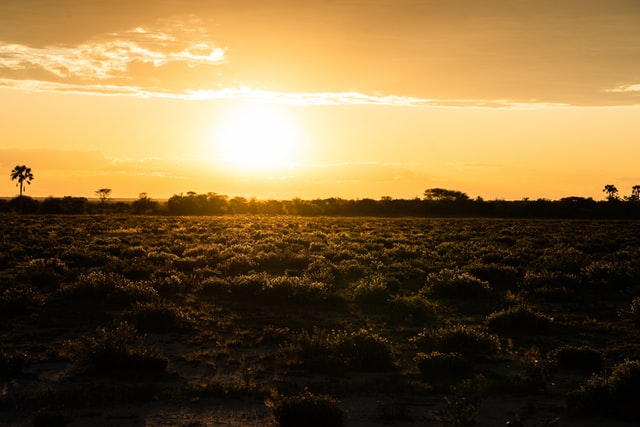

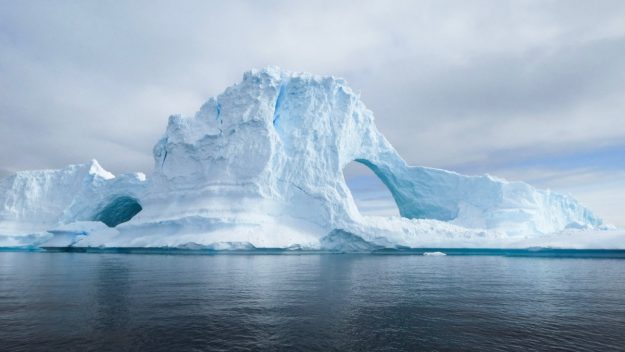
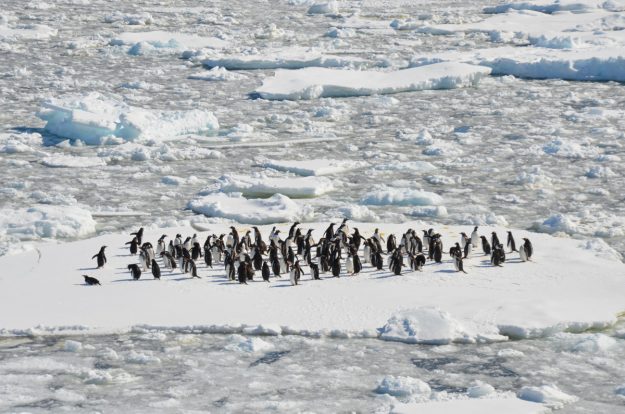
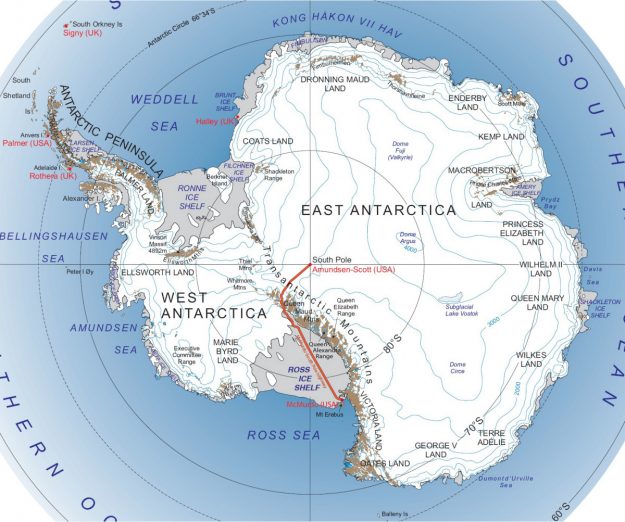
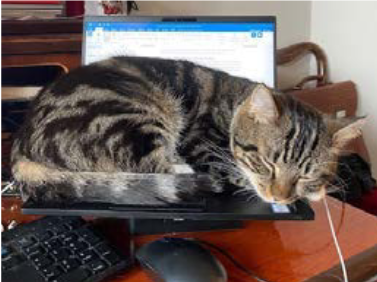
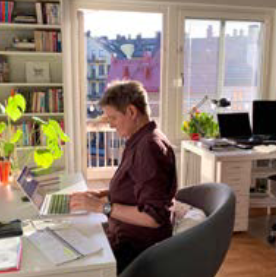
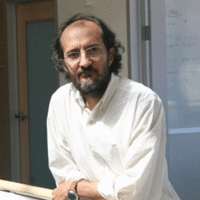 I hope I am not taking advantage of my position as the president of our society to write what might seem to be a quite personal text. Feminist practices and scholarship have taught me that the personal is never only personal but also political. In my own work I have always blended – someone less sympathetic would say mixed up – the personal, the scientific and the political, convinced, as I am, that we know the world not only through concepts and words but also through emotions and political passions. So, please bear with me in my perhaps inappropriate trespassing of those various realms.
I hope I am not taking advantage of my position as the president of our society to write what might seem to be a quite personal text. Feminist practices and scholarship have taught me that the personal is never only personal but also political. In my own work I have always blended – someone less sympathetic would say mixed up – the personal, the scientific and the political, convinced, as I am, that we know the world not only through concepts and words but also through emotions and political passions. So, please bear with me in my perhaps inappropriate trespassing of those various realms.


